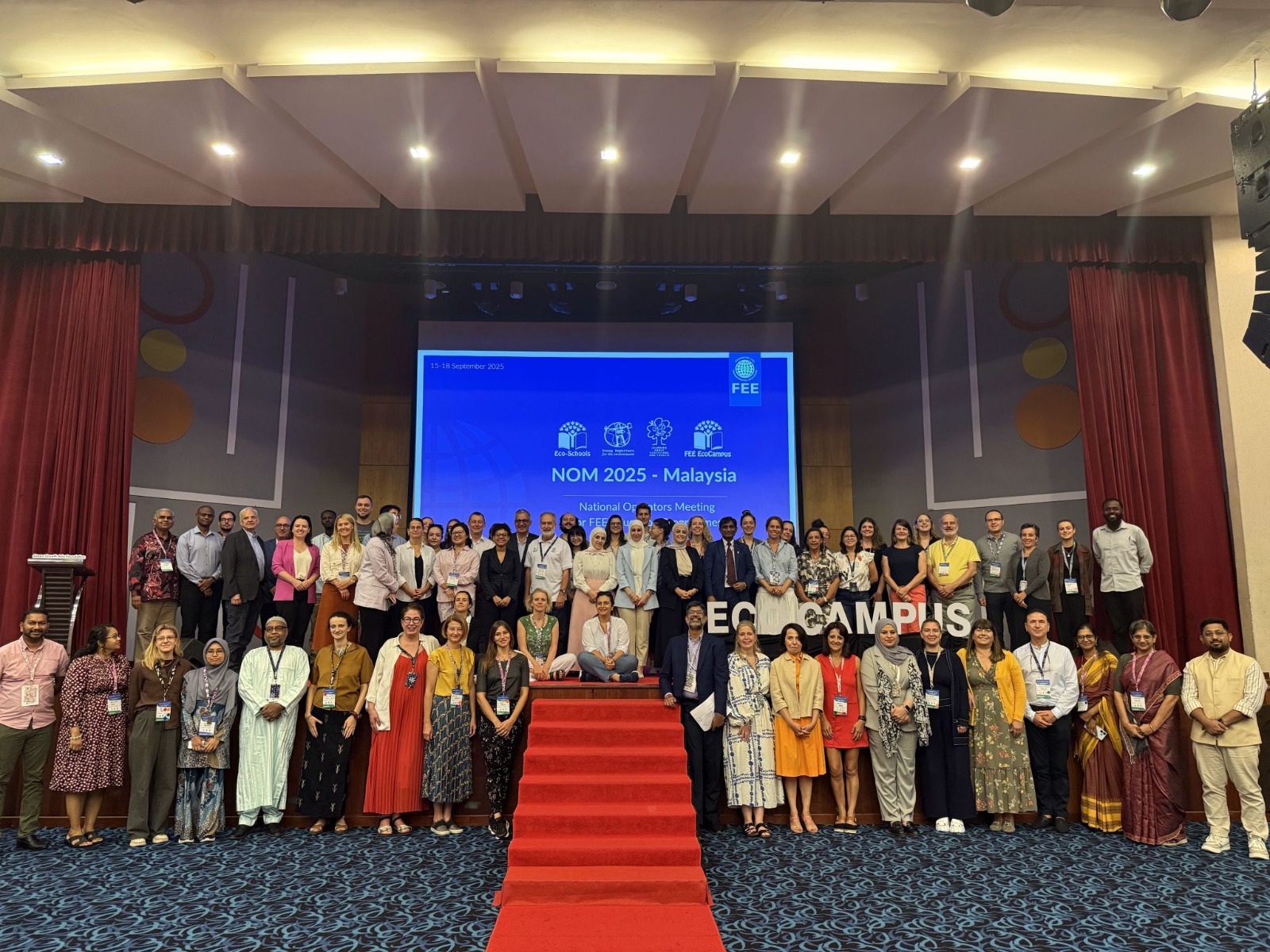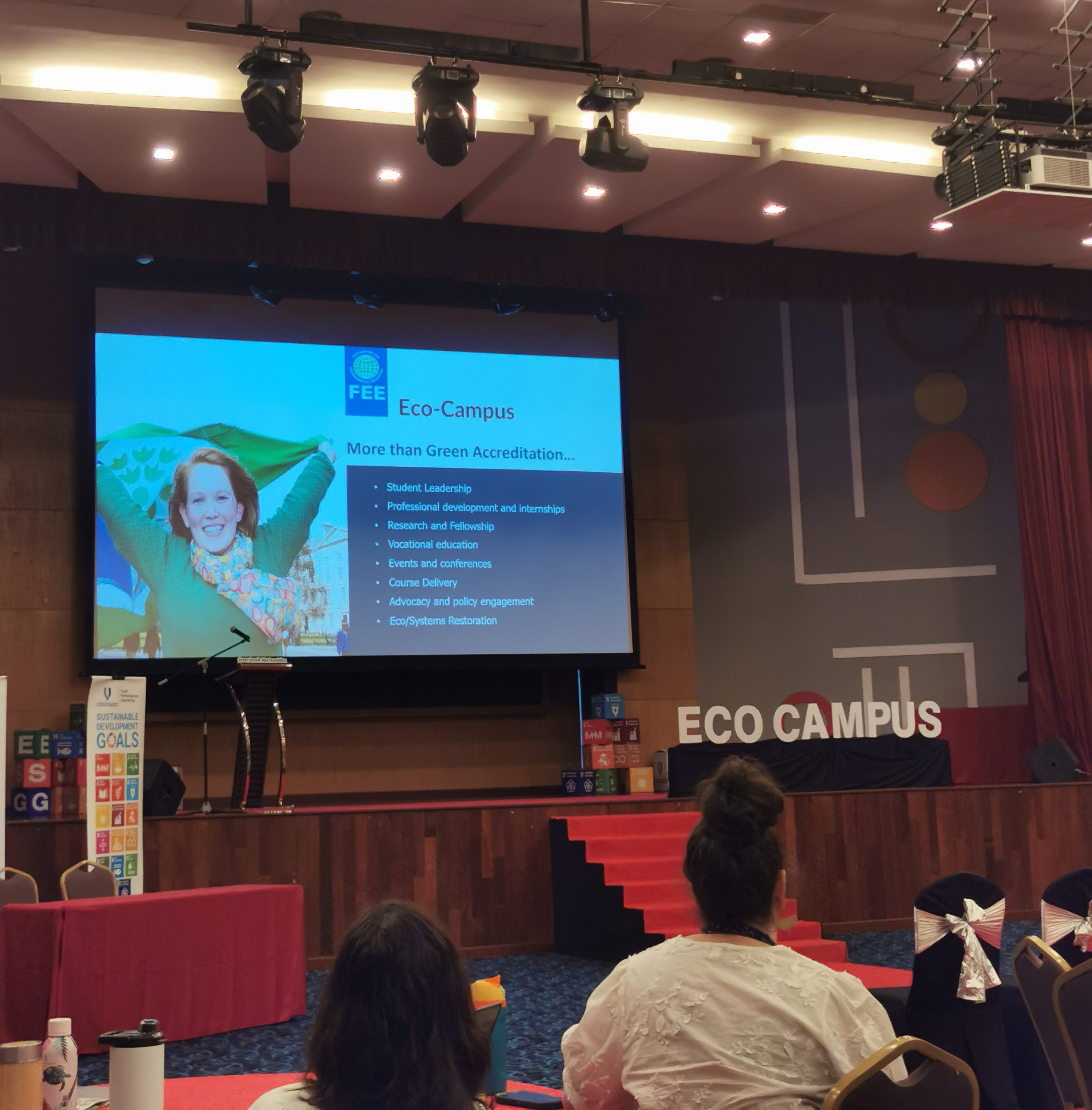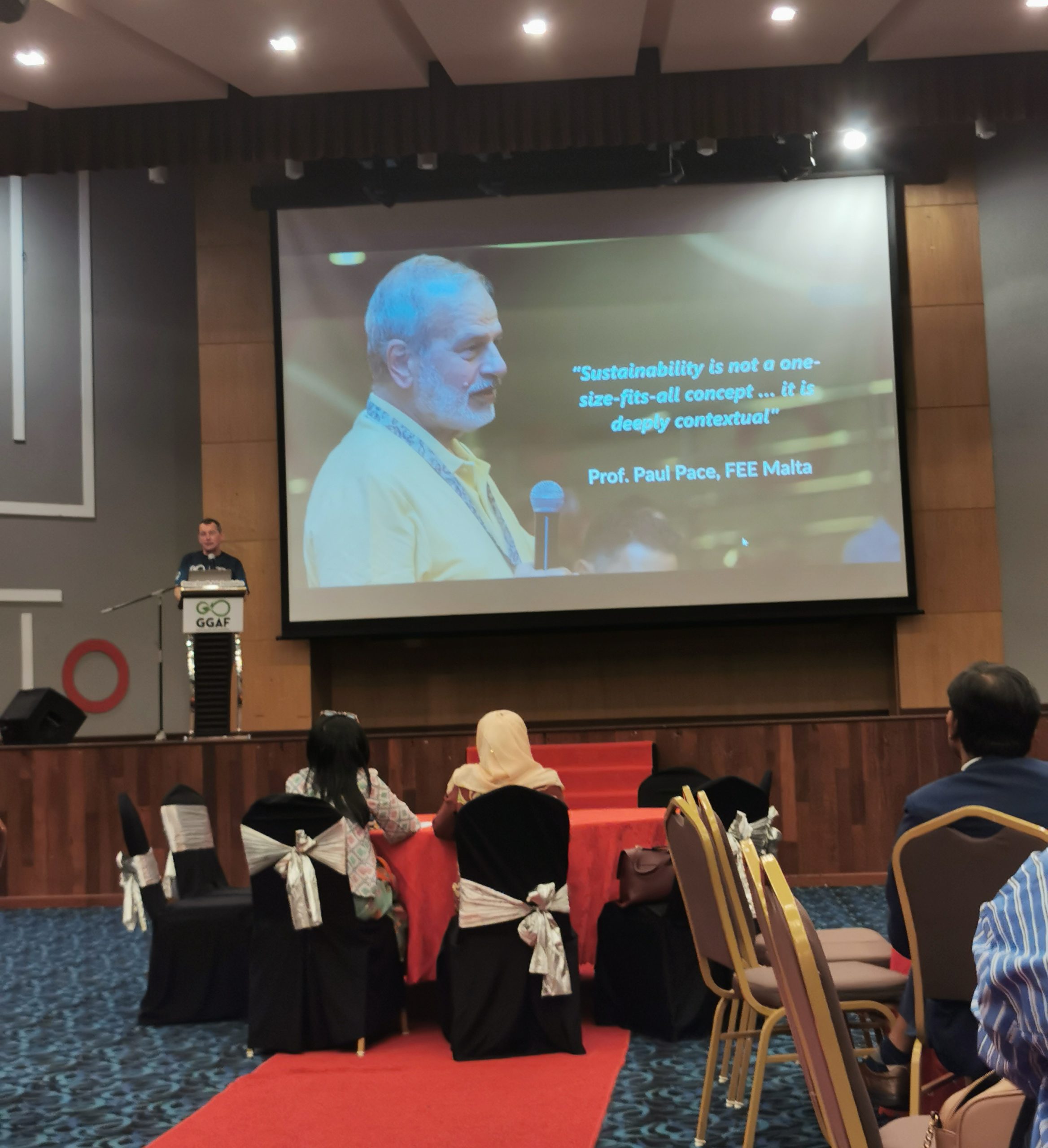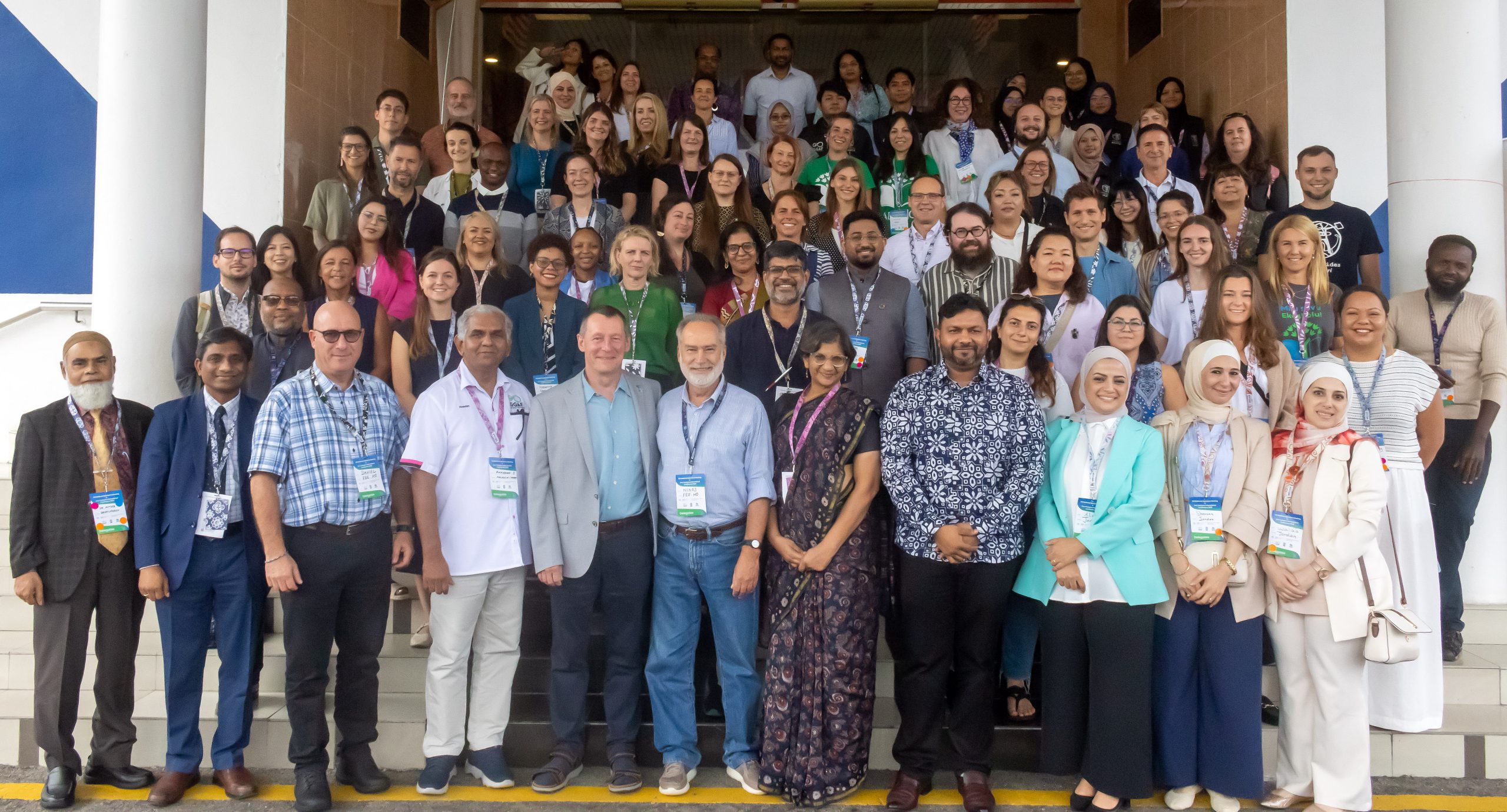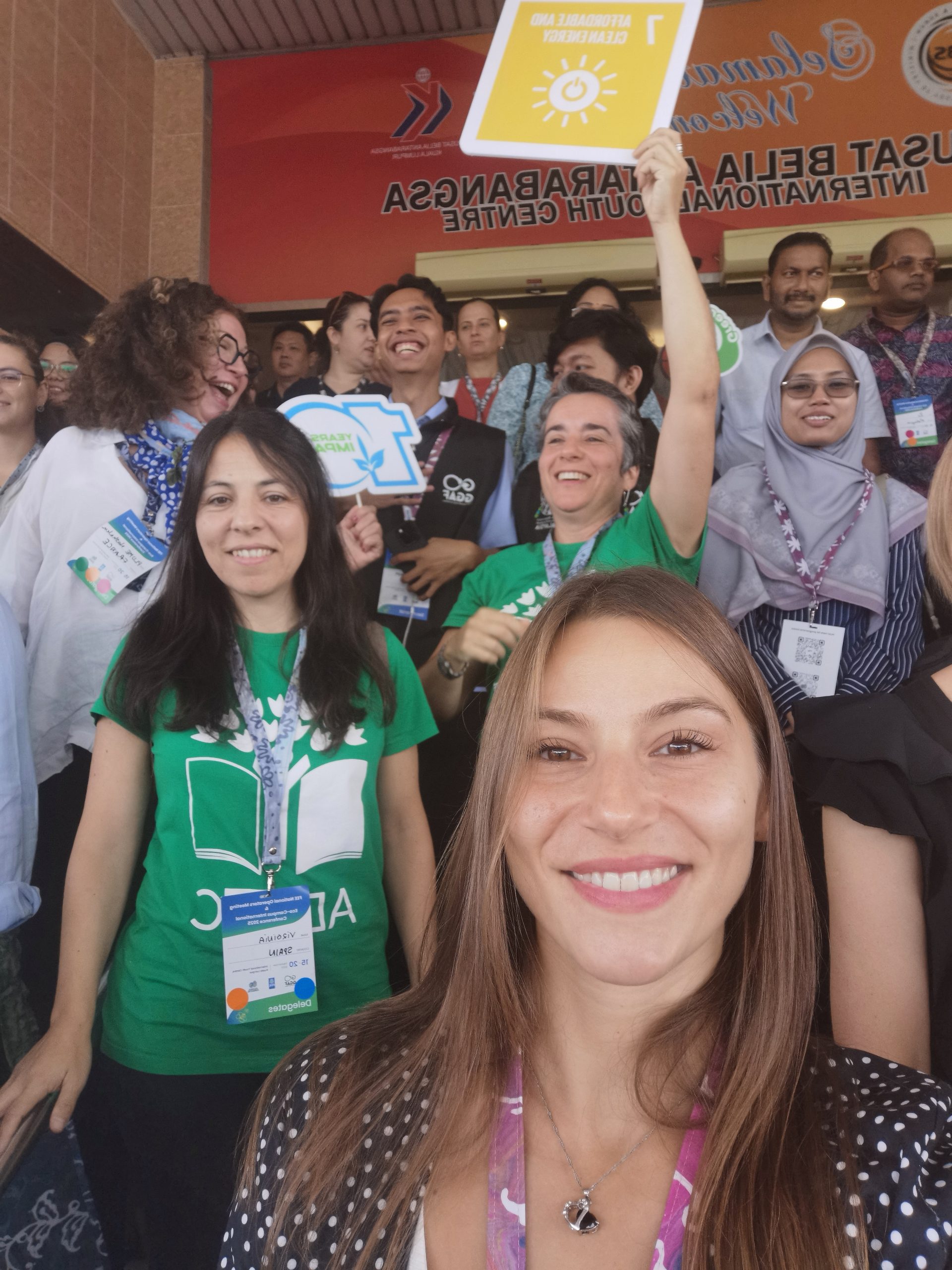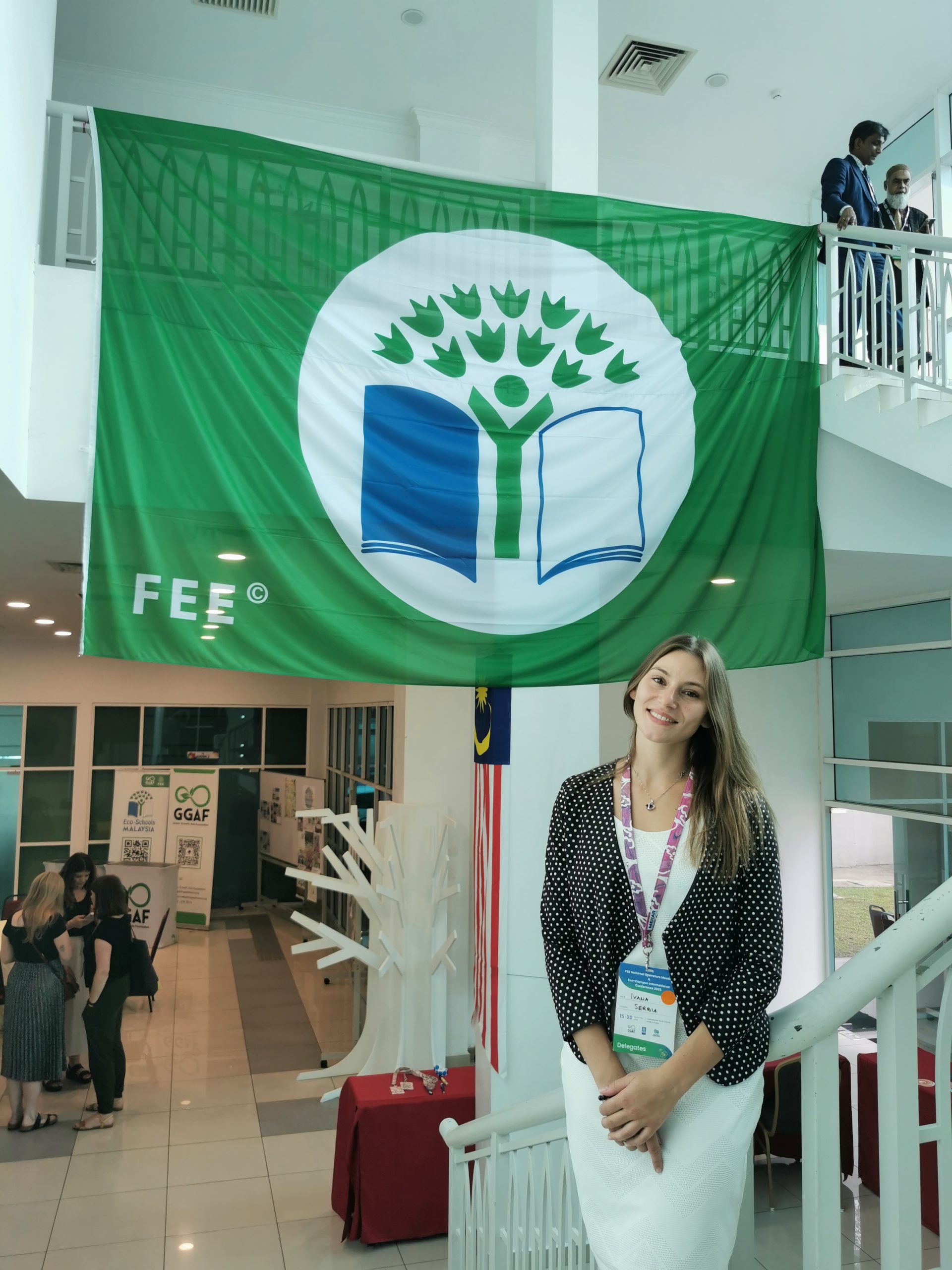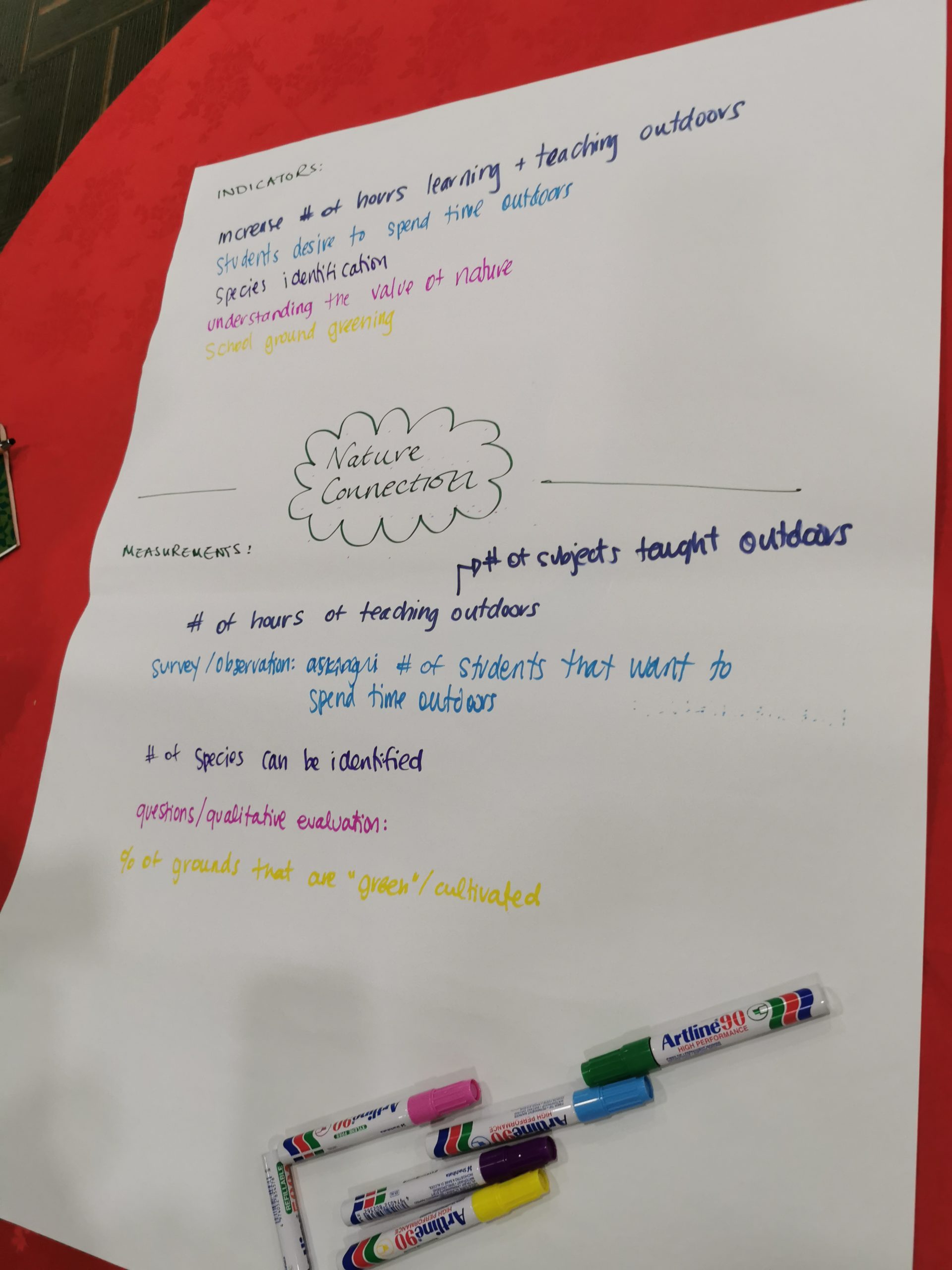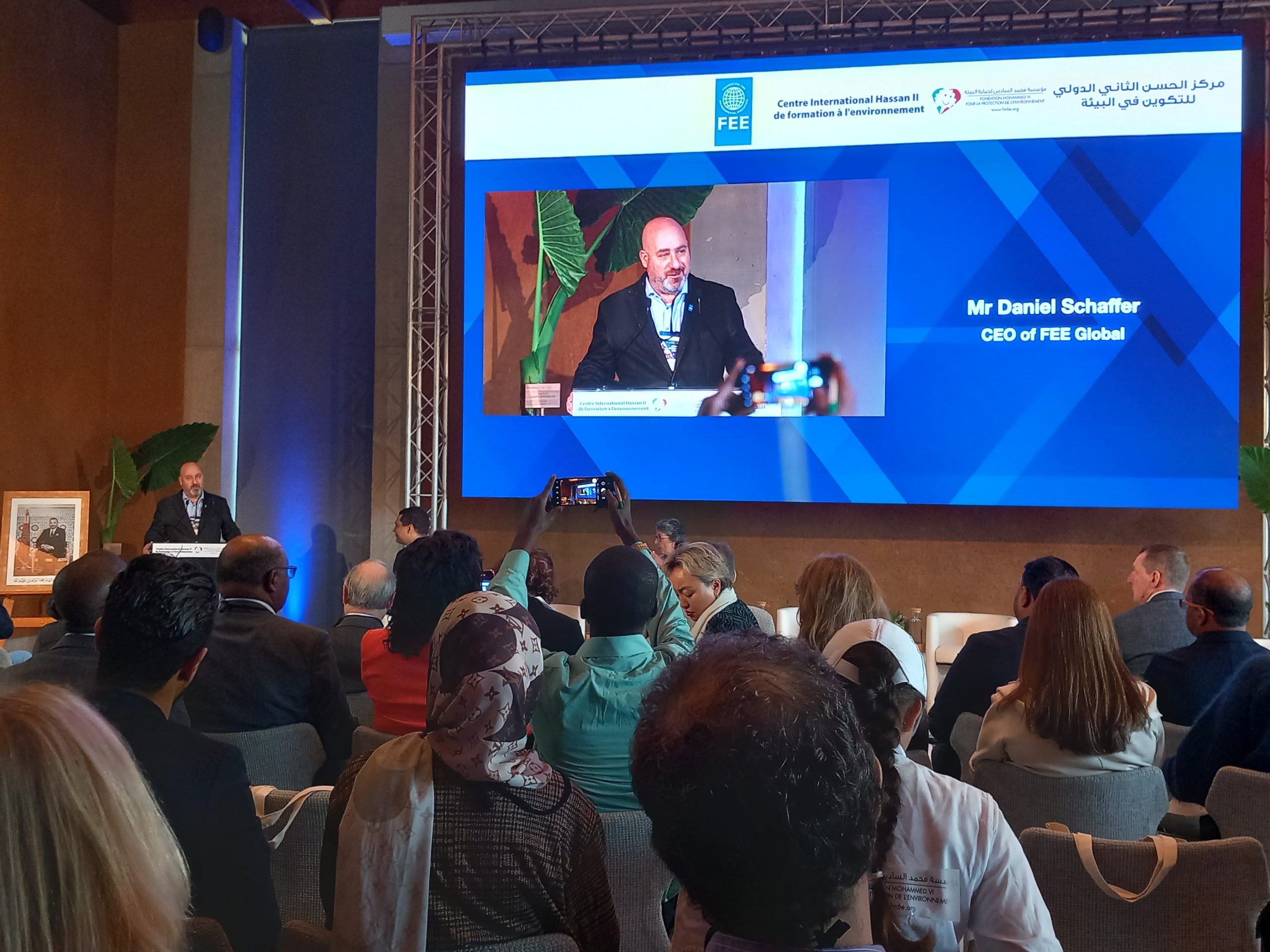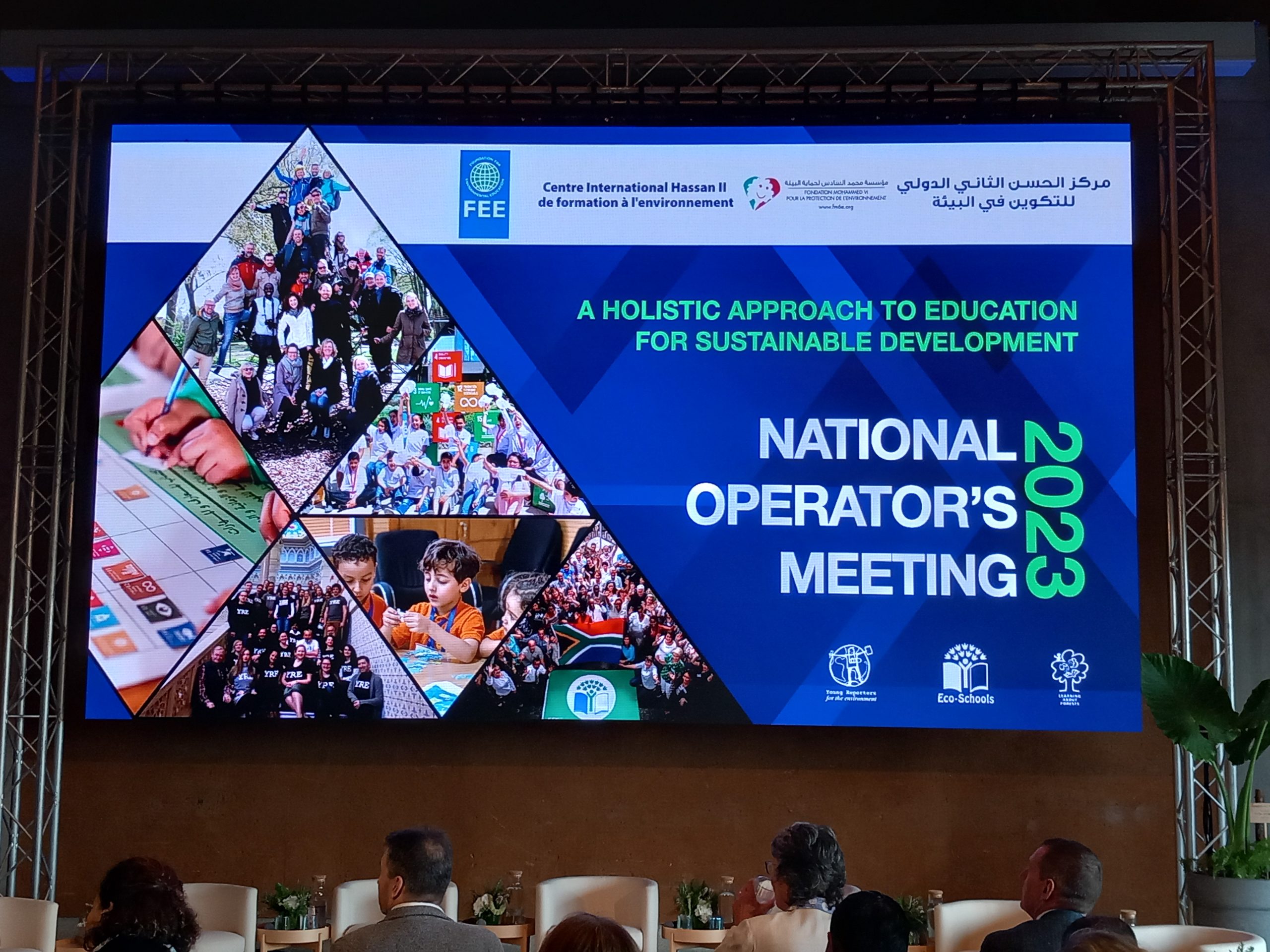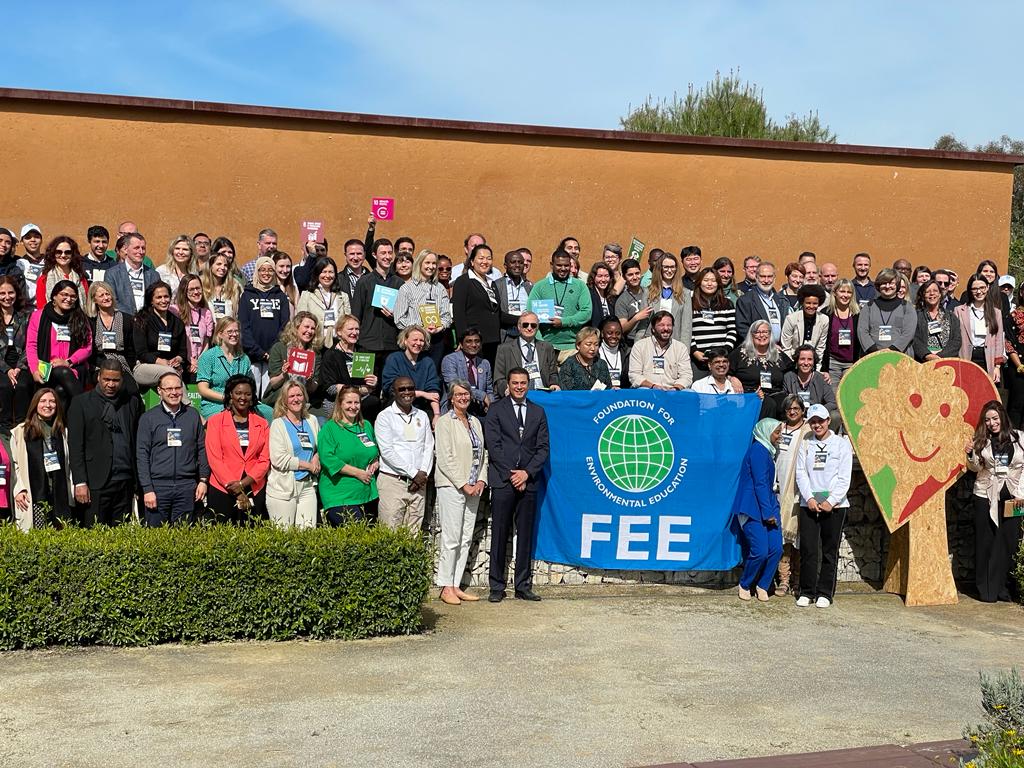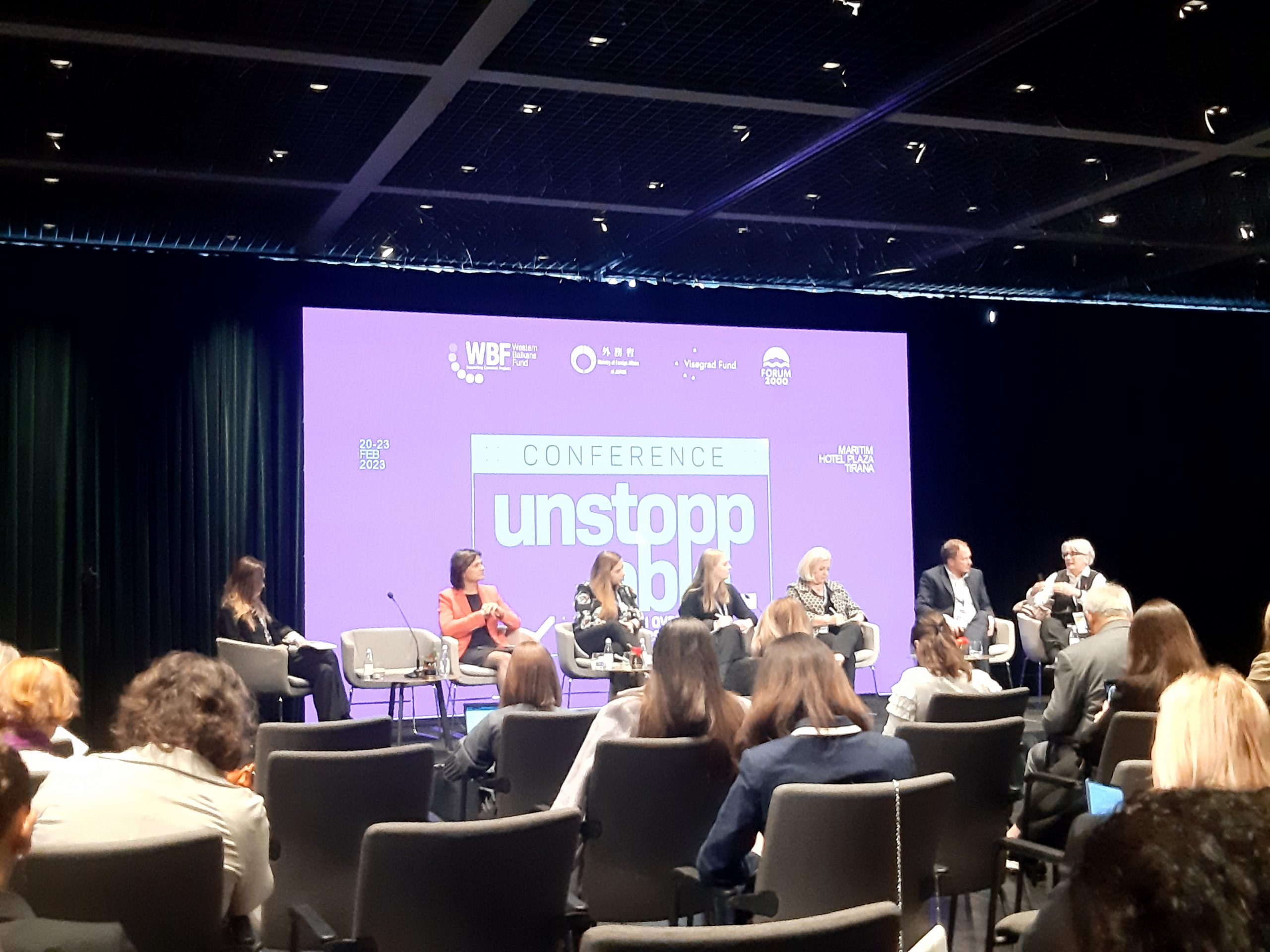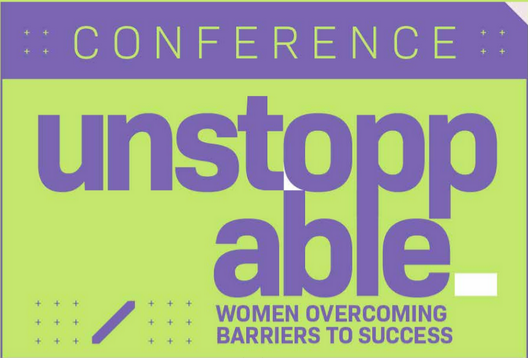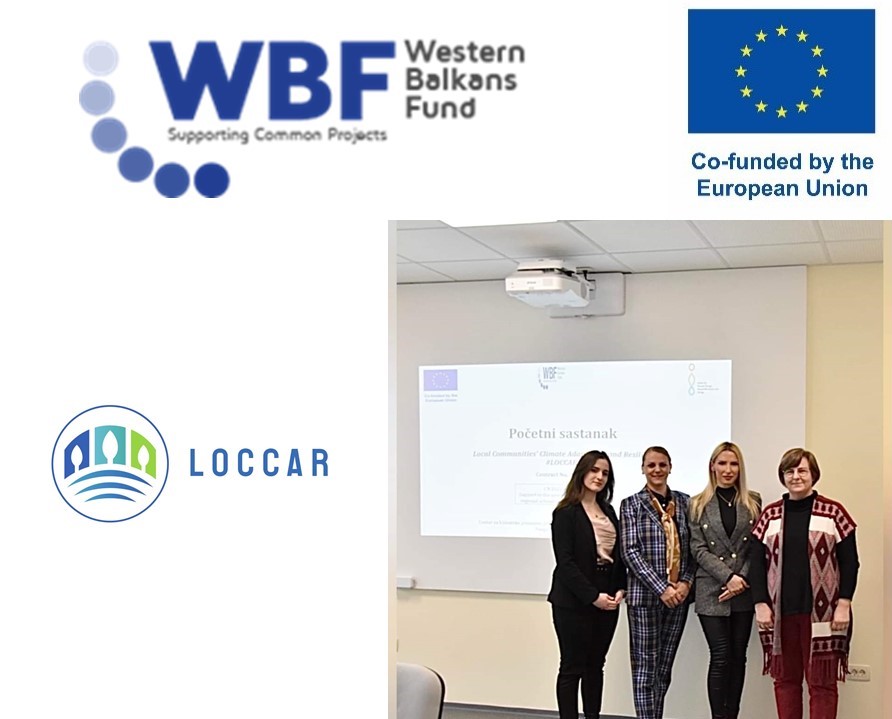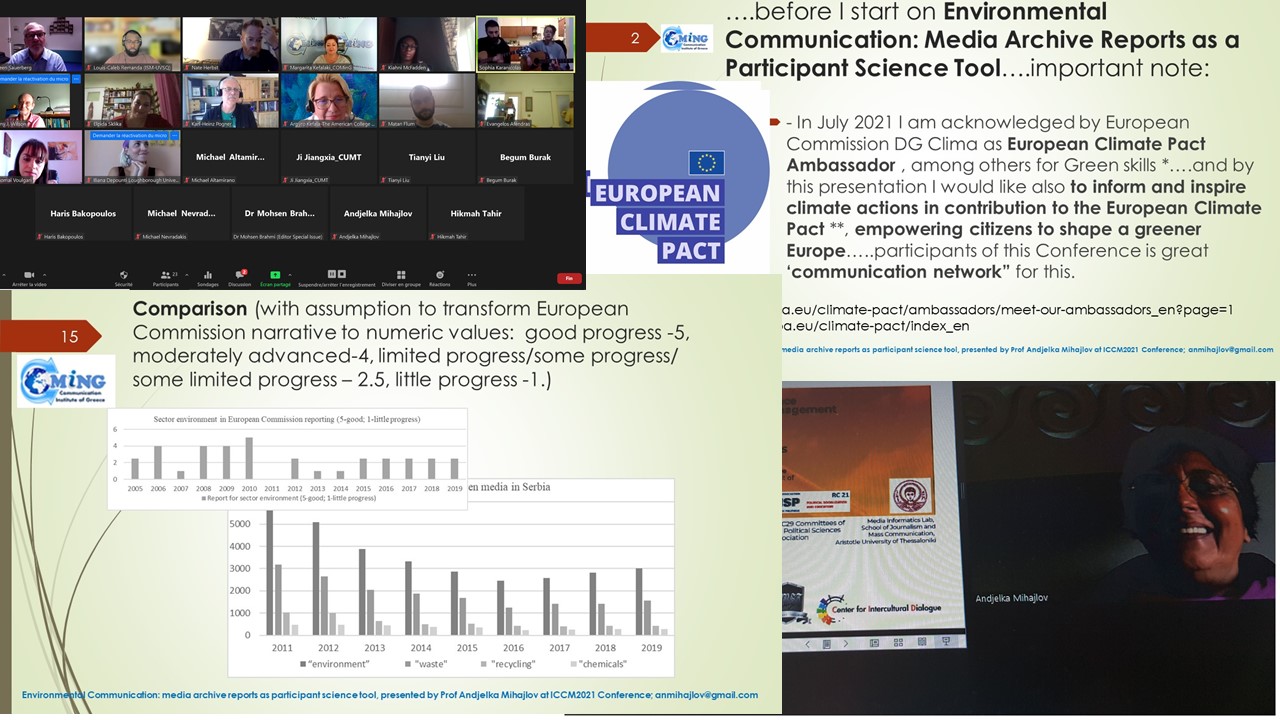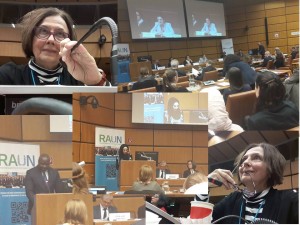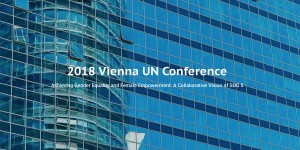2nd International EcoCampus Conference (ECIC) Held in Kuala Lumpur, Malaysia 2025
Immediately following the Annual National Operators Meeting (#NOM2025), the 2nd International EcoCampus Conference (ECIC) took place in Kuala Lumpur, Malaysia, from 18–20 September 2025. The event was held under the theme “Transforming Higher Education for Climate Action: A Whole-System Approach” and featured the launch of the “Masterplan for Empowering Malaysia’s Green Future 2025–2030.” Supported by the Green Growth Asia Foundation (GGAF), IMT-GT UNINET, and the Foundation for Environmental Education (FEE), the conference gathered 150 participants from around 40 countries—including higher education leaders, researchers, students, and partners—at the International Youth Center.
At the official opening, participants were honored by the attendance and keynote address of Her Royal Highness Princess Tengku Puteri Raja Ilisha Ameera, representing the Crown Prince of Pahang, who called on Malaysia’s Ministry of Education to make the EcoCampus programme a national initiative.
The opening session featured inspiring speakers from Malaysia and across the globe:
🎙️Welcome Address: YBhg. Datuk Ir. Ts. Dr. Mahadi Mohamad, Chief Executive Officer, Green Growth Asia Foundation (GGAF)
🎙️Opening Address: Dr. Nikos Kassimatis Petrou, President, Foundation for Environmental Education, Denmark
🎙️Special Address: YB Datuk Ts. Mustapha Sakmud, Deputy Minister of Higher Education, Malaysia
🎙️Special Address: Katerina Ananiadou, Coordinator, Greening Education Partnership (GEP), UNESCO Paris
It was announced that the EcoCampus programme will now operate as a standalone initiative, independent of the Eco-Schools programme. While Eco-Schools has been instrumental in fostering environmental awareness and action among children, the challenges in higher education are distinct. Young people must be prepared to enter professional fields where sustainability is not yet a standard requirement. Employers, institutions, and systems still lag in recognizing the urgent need to integrate sustainability skills and leadership across all sectors.
This is why EcoCampus is essential—it goes beyond the idea of “green campuses” by:
•Building recognition of sustainability competences in higher education and the labor market across all professions
•Equipping young people with the tools to create and respond to the growing demand for ESD (Education for Sustainable Development) professionals
•Bridging the gap between academic preparation and societal transformation
The conference focused on a holistic, system-wide approach to sustainability, highlighting the urgency of embedding climate change and sustainability into educational frameworks. Discussions pointed out that many national curricula still do not include climate change, with nearly half of them omitting the topic altogether. This gap poses a serious challenge for future generations in addressing environmental issues.
Through six thematic sections, the conference showcased diverse approaches to embedding sustainability in education:
•Whole-system approaches – interdisciplinarity, teacher training, and universities’ impact on policy-making.
•Cross-sector partnerships – collaboration among universities, schools, NGOs, and industry.
•Green vocational education – the role of TVET and career guidance in preparing a green workforce.
•Sustainability across education levels – from school gardens to ethnographic studies linking communities and universities.
•Sustainable campus initiatives – examples from Portugal, Bangladesh, Ireland, India, Qatar, and Africa where campuses serve as “living laboratories.”
•Student leadership – student committees and research projects in renewable energy, biodiversity, and the circular economy.
Multidisciplinary sessions allowed participants to explore practical pathways for integrating sustainability in education:
🎤Tan Sri Dzul Razak (University of Malaysia, Sarawak) stressed the urgent need for systemic change in education to address climate challenges, critiquing traditional competitive, factory-like models, and advocating for a “Communiversity” model that nurtures empathy, compassion, and interconnectedness.
🎤Professor Paul Pace reminded participants that sustainability is not a one-size-fits-all model but must be adapted to local contexts, with interdisciplinarity as a key element in creating solutions that bridge sectors.
🎤Katrin Kohl (UNESCO Co-Chair, York University) and Dr. Subarna Sivapalan FRSA, SFHEA (University of Nottingham Malaysia) presented findings from UNESCO’s “Transforming Futures” project in Malaysia, exploring how sustainability can be integrated into all aspects of higher education—from curriculum and governance to campus operations and community engagement.
🎤Professor Charles Hopkins (FEE/UNESCO Chair) led a co-creative session “FEE University”, where participants identified 12 priority themes for systemic transformation in higher education, including sustainable leadership, inclusivity, student advocacy, and alumni engagement.
🎤Katerina Ananiadou (Greening Education Partnership, UNESCO) emphasized the central role of higher education in GEP’s vision.
🎤Pramod Kumar Sharma and Lee Wray-Davies (Foundation for Environmental Education) conducted a hands-on workshop on integrating ecosystem restoration into practice, turning frameworks into flagship projects.
🎤Prof. Dato’ Dr. Nor Aieni Haji Mokhtar closed the conference by reflecting on her 40 years of academic and leadership experience, highlighting the transformative role of higher education in building resilience and sustainability.
The conference reaffirmed that the future of education for sustainability lies in connecting levels, disciplines, and sectors—illuminating multiple dimensions, fostering collaboration, and building partnerships that define the whole-system approach, while clarifying the pivotal role of higher education in driving climate-resilient transformation.
ECIC 2025 clearly demonstrated that higher education is both a driver of systemic change and a bridge linking educational levels and sectors. The main takeaways included:
🎓Jointly defining the dimensions of a whole-system approach: governance, pedagogy, student leadership, teacher training, vocational pathways, industry partnerships, internships, policy engagement, campus operations, applied research, values, and contextual adaptation.
🎓Renewed emphasis on teacher training and continuous professional development to mainstream ESD across all levels of education.
🎓Strong recognition of student leadership as a central driver of climate solutions.
🎓Evidence of how partnerships and local innovations can scale into global impact.
These conclusions align directly with UNESCO’s Greening Education Partnership (GEP), which calls for systemic change—from schools, teacher training, and curricula to institutional transformation.
🤝The conference closed with a call to embrace a comprehensive institutional approach, integrating sustainability into curriculum, governance, operations, and community engagement. Participants committed to advancing sustainability within their own contexts and forging alliances to drive positive change.
Annual National Operators Meeting in Kuala Lumpur, Malaysia 2025.
The National Operators Meeting (#NOM2025) for the Eco-Schools, LEAF (Learning about Ecosystems and Forests), and Young Reporters for the Environment (YRE) programmes was held in Kuala Lumpur, Malaysia, from 15–18 September 2025. The event was organized with the support of the Green Growth Asia Foundation (GGAF) and the Foundation for Environmental Education (FEE). Hosted at the International Youth Center, the meeting brought together nearly 88 delegates from 48 countries. Serbia was represented by Ivana Zarić Munitlak, associate of the Environmental Ambassadors for Sustainable Development, National Operator implementing the Eco-Schools programme in Serbia since 2012. Currently, more than 150 educational institutions across Serbia are engaged in the programme.
Among the highlights of the meeting were the launch of new Eco-Schools handbooks developed through the partnership between FEE and company PPG, presentations from FEE Board members, teacher capacity-building workshops, and inspiring stories shared from across the network.
Day 1 emphasized key themes:
🔹Children’s knowledge and life skills as the foundation of all learning
🔹Equality, inclusion, and cultural adaptability
🔹Teacher capacity building
🔹Recognition, validation, and quality assurance
🔹Active citizenship, participation, and advocacy for emerging issues
High-quality education goes beyond classrooms—it means empowering students, involving all stakeholders, and shaping citizens ready for the future.
“FEE bridges the gap between high-level climate commitments and grassroots capacity, empowering educators, students, and communities through EcoCampus and EcoSchools to deliver measurable, quality-assured sustainability outcomes,” said Dr. Nikos Petrou, President of FEE.
Day 2 included a refreshing nature walk in nearby Permaisuri Park, guided by WWF-Malaysia volunteers, followed by a full day of interactive sessions:
🌿Connecting Learners with Nature: National Operators from Greece, Ireland, Belgium, and Wales shared innovative approaches to inspire stronger connections with the natural world.
🤝Find Your Twin: an engaging exercise that brought National Operators together to brainstorm, collaborate, and spark new partnerships.
🌐Building Community Engagement & Climate Resilience: practical strategies were shared by National Operators from Mexico and France, offering concrete approaches to empower communities.
📚Strengthening Informal Education: featuring a special presentation by João Armando Gonçalves, Chief Education & Development Officer of World Organization of the Scout Movement (WOSM), on how informal education and the Scouts’ experience can amplify outdoor learning.
The day was all about sharing stories, exchanging ideas, and building connections across our global network, showing once again the strength of collaboration in driving environmental education forward.
Day 3 featured a panel “Inspiring Stories from Malaysia” led by Dr. Balamurugan Ratha Krishnan (GGAF), with contributions from Mr. Risharry Bin Mohd Ramli (Ministry of Education Malaysia), WWF-Malaysia, the International Youth Center, BOH Plantations, and Yayasan PETRONAS.
Highlighting Malaysia’s leadership, GGAF CEO Datuk Dr. Mahadi Mohamad stated:
“Malaysia’s leadership in environmental education must be built on practical delivery. GGAF focuses on student leadership and measurable indicators for energy, waste, water and biodiversity to ensure progress is visible and verifiable. Hosting NOM in Kuala Lumpur lets the world see quality at work and at scale.”
GGAF chief executive Dr Balamurugan Ratha Krishnan added, “This is where education meets the green economy. Malaysia is showing how to turn lessons into jobs, data into ESG credibility, and campus projects into city solutions. For companies building talent pipelines and stronger disclosures, these programmes are ready to plug in and scale.”
The Youth Expo was the highlight of the day, where Malaysian Eco-Schools students showcased inspiring leadership and entrepreneurship projects—from musical instruments made of waste and eco-bricks made of plastic to candles produced from used cooking oil. Their creativity reflects the future of sustainability in Malaysia and beyond.
In the afternoon, we welcomed our international and academic guests:
👤Charles Hopkins, UNESCO Chair in Reorienting Education towards Sustainability (York University)
👤Katerina Ananiadou, Programme Specialist & Coordinator of the Greening Education Partnership (UNESCO)
👤Paul Pace, Professor at the University of Malta
Their contributions enriched the discussions with global perspectives and insights on transforming education for sustainability.
Aligned with UNESCO’s program Education for Sustainable Development – ESD for 2030 and the Greening Education Partnership, the new masterplan was adopted at the NOM and aims to:
• Strengthen teacher training.
• Link learning directly to green jobs.
• Expand hands-on sustainability projects across schools and campuses.
Delegates at NOM exchanged proven solutions that could be adapted quickly to local needs. This ensured faster scaling of climate action across education, industry, and cities. The momentum continued at the ECIC, where universities presented living lab projects, highlighted how green skills drove employability and shared best practices with international partners.
The “Green Chair” strengthens the voice of young people and women in environmental protection
The Green Chair Network has received support from the ECO-SYSTEM program for 2024. This program aims to improve environmental protection in Serbia and helps with the implementation of the negotiating platform for Chapter 27. The Environmental Ambassadors of Sustainable Development is a member organization of the “Green Chair” coordination team and a partner in the project.
In 2024, it is planned to carry out activities to achieve…
- Strengthening the voice of young people: Through research and public debate, the “Green Chair” Network will advocate for greater participation of young people in decision-making on environmental protection. The research will focus on the opinions and needs of young people, and the results will be used to advocate for their interests.
- Improving gender equality: The network will focus on empowering women and their more active involvement in all aspects of environmental protection, as well as fertilizing the work of network members. We want women to be leaders in environmental initiatives and the fight against climate change so that their voices are equally important in decision-making processes.
- Sustainability of the Green Bulletin: By digitizing and expanding distribution, the Green Chair will ensure that the voice of the network reaches even more people. The goal is to make information accessible to everyone and to increase awareness and community engagement.
The ECO-SYSTEM Empowerment Programme is the main component of the project ECO-SYSTEM: Support to Environmental Reforms implemented by the Young Researchers of Serbia with the support of the Swedish International Development Cooperation Agency (SIDA). The project started in January 2020 and will run for four years.
ECO-SYSTEM 2024: The “Green Chair” strengthens the voice of young people and women in environmental protection
The Green Chair Network has once again received support from the ECO-SYSTEM program for 2024. This program aims to improve environmental protection in Serbia and helps with the implementation of the negotiating platform for Chapter 27. The Environmental Ambassadors of Sustainable Development is a member organization of the “Green Chair” coordination team and a partner in the project.
The “Green Chair” Network of Organizations brings together 68 civil society organizations dedicated to environmental protection. The network is a key actor in the actions for a sustainable future of Serbia.
In 2023, the members of the network achieved significant results through their work and engagement:
- Education: More than 300 activists have been educated about environmental protection through various workshops and programs.
- Action: Initiatives have been launched to mitigate the effects of climate change in 5 local communities, by raising awareness of the importance of solving this urgent problem.
- Information: The Green Bulletin, the network’s bi-weekly newsletter, has reached a large audience, spreading information on environmental protection throughout Serbia.
In 2024, it is planned to carry out activities to achieve…
- Strengthening the voice of young people: Through research and public debate, the “Green Chair” Network will advocate for greater participation of young people in decision-making on environmental protection. The research will focus on the opinions and needs of young people, and the results will be used to advocate for their interests.
- Improving gender equality: The network will focus on empowering women and their more active involvement in all aspects of environmental protection, as well as fertilizing the work of network members. We want women to be leaders in environmental initiatives and the fight against climate change so that their voices are equally important in decision-making processes.
- Sustainability of the Green Bulletin: By digitizing and expanding distribution, the Green Chair will ensure that the voice of the network reaches even more people. The goal is to make information accessible to everyone and to increase awareness and community engagement.
The ECO-SYSTEM Empowerment Programme is the main component of the project ECO-SYSTEM: Support to Environmental Reforms implemented by the Young Researchers of Serbia with the support of the Swedish International Development Cooperation Agency (SIDA). The project started in January 2020 and will run for four years.
A Holistic Approach to Education for Sustainable Development – 2023 National Operators Meeting
National Operators Meeting for programs Eco-Schools, Learning about Forests (LEAF), and Young Reporters for the Environment (YRE) was held in Rabat, Morocco, in March 2023, with the support of The Mohammed VI Foundation for Environmental Protection.
With the participation of almost 100 participants from more than 50 countries around the world, NOM was a great opportunity to:
• offer an integrated approach to Education for Sustainable Development through the Young Reporters for the Environment (YRE), Learning about Forests (LEAF) and Eco-Schools programs.
• reflect on the successes and challenges of the global FEE network since 2020 and the progress being made in the three GAIA 20:30 strategic areas of empowering climate action, protecting global biodiversity and reducing environmental pollution.
• reflect on the development of the three educational programs and identify strategies to improve the quality of deliverables across different contexts in each program.
• identify and develop an action plan to scale up the outreach of the programs through the Greening Education Partnership with UNESCO and the UN Decade of Ecosystem Restoration Educational Challenge.
• share and learn with and from each other.
Environmental Ambassadors for Sustainable Development (EASD) run the Eco-Schools program in Serbia since 2012. Currently, there are more than 150 educational institutions in Serbia that participate in the program. Through different projects, EASD encourages Eco-Schools to become the main force in promoting Education for Sustainable Development among the wider communities they belong to.
Unstoppable conference in Tirana – Women overcoming barriers to success
- Environmental Ambassadors for Sustainable Development participated in the Unstoppable conference dedicated to Women and Leadership
The multi-structured and empowering conference dedicated to Women and Leadership is organized in Tirana, from February 20th to 23rd, 2023. Organizer is the Western Balkan Fund (WBF), with the support of the Ministry of Foreign Affairs of Japan and the Visegrad Fund. Every February and March, the WBF with the support of the Ministry of Foreign Affairs of Japan hosts an advocacy event by bringing in national, regional & international experts and creating a space of inspiration, connection, and rejuvenation. The purpose of #Unstoppable conference is to foster equal access to leadership in business, government, and non-profit organizations within the Western Balkans, Visegrad regions, and beyond. This event also promotes support and expands initiatives that promote equal access for women and men in development processes.
The conference includes a multitude of topics across the human rights spectrum, enhancing knowledge and strengthening the network of professionals coming from WB6 and V4 regions also unites diverse stakeholders, researchers, stories, and case studies from all over the region in parallel sessions while offering many networking opportunities.
The goal of the Unstoppable is to foster equal access to leadership in business, government, and non-profit organizations within the Western Balkan and V4 regions and beyond. WBF in close cooperation with V4 partners plans to gather around 120 participant’s men and women around both regions and beyond in Tirana since we believe that gender equality should be addressed by both sides, men and women.
LOCCAR (Local Communities’ Climate Adaptation and Resilience)
According to the Green Agenda for the Western Balkans (2020), the Western Balkans is recognized as one of the regions in Europe most heavily affected by climate change. In addition, climate risks are not sufficiently covered at the local level in the documents and activities implemented. Still, there is no understanding that climate change (heatwaves, droughts, wildfires, coastline erosion, rising sea levels) affects not only the environment but also the local economy and the health of the population, due to a lack of awareness raising among the local population. In its report for Western Balkan countries, European Commission in 2021 stated that they must align with the EU Strategy on Adaptation to Climate Change.
The project Local Communities’ Climate Adaptation and Resilience (LOCCAR) aims to assist local authorities in better understanding, preparing for, and managing climate risks, as well as developing innovative solutions to build resilience. The project will also contribute to establishing sustainable regional cooperation in building climate resilience in the Western Balkans, having in mind that efficient cooperation mechanisms among neighboring countries in the focus of this project (Serbia, Montenegro, and Bosnia and Herzegovina) are missing, even though the transboundary nature of climate-related risks at the local level is reality.
The objective of LOCCAR project is to accelerate climate change adaptation on the local level in Western Balkans through enhancing Civil Society Organisations (CSOs) role in the transformation towards climate resilience, by empowering CSOs visibility in policymaking, raising awareness of local decision-makers on the impacts of climate change on the local communities and supporting sustainable regional cooperation in building climate resilience in the Western Balkans.
A regional round table with the participation of main stakeholders from all three countries will be organized at the end of the project. Based on consultations with selected municipalities, Brochures/Guidelines for the local decision-makers on climate change adaptation in local strategic and policy documents will be prepared and distributed. It is expected that in total 9 selected municipalities in two rounds of meetings with municipalities.will provide their contribution. Using the digital dissemination of the Brochure/Guidelines via websites and digital platforms (Facebook, Instagram, LinkedIn, Twitter) of the 3 CSOs and 9 municipalities, a significant portion of the population in Western Balkans will be reached with the Joint Project’s outputs.
Project partners are Center for Climate Change, Natural Resources and Energy of the University of Donja Gorica (leading partner, Montenegro), a Resource Center for the Environment REC BIH (Bosnia and Herzegovina), and Environmental Ambassadors for Sustainable Development (Serbia).
LOCCAR project is financed by the Western Balkans Fund and co-financed by the EU in the frame of IPA.
Final LOCAL project publication (- Jačanje otpornosti i kapaciteta prilagođavanja lokalnih zajednica na klimatske promjene u Crnoj Gori, Bosni i Hercegovini, Centar za klimatske promjene, prirodne resurse i energiju Univerziteta Donja Gorica, Podgorica, juli 2023 )
Environmental Communication: Media Archive Reports as a Participant Science Tool
EASD presented on August 3, 2021, research paper Environmental Communication: Media Archive Reports as a Participant Science Tool (Authors are A.Mihajlov, A.Mladenovic, F.Jovanovic) at 6th International Conference on Communication and Management (ICCM2021), hosted and organized by Communication Institute of Greece.
By sharing experience, this paper justifies environmental communication through the media archive reports as participant science tool, considering that journalists/media are representing citizens (with common interests). In the case of Serbia, illustrative justification that media archive reports could be used as participative tool to supplement official observation and monitoring, is presented, showing that the same trends of citizens/journalist’s attention to environment and environmental performance and progress (in the European Union accession process) in Serbia. In timeline, when sector environment has better performance, it is bigger interest of citizens/journalists/media to environmental issues.
This article benefited from the European Union funded project “ENV.Net Factoring the Environmental Portfolio for WB and Turkey in the EU Policy Agenda” (2017/394-372). The views expressed in this paper do not necessarily reflect the views of the European Commission. Also, authors would like to express gratitude to Media archive Ebart, Belgrade, Serbia for contribution in data collecting. Data used in this paper were gathered through the research on nexus media-environmental issues in Serbia, which was based on initial idea jointly developed by respective journalist Velimir Ćurgus Kazimir (1948-2018), Media Archive Ebart founder and this paper co-author Andjelka Mihajlov, co-founder of Environmental Ambassadors for Sustainable Development.
By this presentation Prof Mihajlov, as paper presenter, also informed and inspired climate actions in contribution to the European Climate Pact , empowering citizens to shape a greener Europe…..participants of this Conference was great ‘communication network” for this. To note that in July 2021 Prof Andjelka Mihajlov, Environmental Ambassador for Sustainable Development, was acknowledged by European Commission DG Clima as European Climate Pact Ambassador , among others for Green skills .
Ref.: Environmental Communication: Media Archive Reports as a Participant Science Tool (Authors: A.Mihajlov, A.Mladenovic, F.Jovanovic) , Abstract Book “Communicating in a ‘Modern’ Word” , 6th International Conference on Communication and Management – ICCM 2021, page 30, Edited by Communication Institute of Greece (COMinG), ISBN: 978-618-81861-9-4 (2021)
WEBINAR – Regional Forum of Sustainable Development (RFSD) for the UNECE Region : we participate
As a representative of the Environmental Ambassadors for Sustainable Development (EASD), on 28th of January 2019 (3:00 – 4:00 PM) Honorable member Danko Aleksic participated in the webinar entitled “Civil Society Participation at the Regional Forum of Sustainable Development for the UNECE Region”. Invitation for the webinar was distributed through the EEB network.
The first agenda item was introduction of the RFSD and the UNECE. This year, the RFSD, which is the regional conference in preparation of the High-Level Political Forum, will take place in Geneva 21-22 March. CSOs are among envisaged categories of Forum’s participants. The Forum will be aligned with the theme of the High-Level Political Forum i.e. “Empowering people and ensuring inclusiveness and equality” whereas SDGs under review this year are: SDG 4, SDG 8, SDG 10, SDG 13 and SDG16.
Among other, agenda item was introduction to the UNECE Regional Civil Society Engagement Mechanism (RCEM) – a civil society platform aimed to enable stronger cross constituency coordination and ensure that voices of all these constituencies in each sub-region of UNECE are heard in intergovernmental processes at regional and global level.
The 2018 Vienna UN Conference
The 2018 Vienna UN Conference was organised by ACUNS in January 2018 for the diplomatic community, civil society, NGOs, academics, business leaders and media representatives to discuss actions, potentials, and challenges linked to SDG 5: ‘Achieve gender equality and empower all women and girls.’
EASD Honorable President participated on January 10, 2018, at Opening Session and Session on Empowering Female Leaders. She is ACUNS Expert; EASD is Institutional ACUNS member.
Participants share best practices and explore potential future collaborations in this multi-stakeholder forum, while spotlighting the International Gender Champions – Vienna initiative.
In the spirit of SDG 17 (specifically, Target 17.17: ‘Encourage and promote effective public, public-private and civil society partnerships, building on the experience and resourcing strategies of partnerships’) an intriguing mix of international stakeholders participated in the 2018 Vienna UN Conference.
European Western Balkans Interview: Andjelka Mihajlov, Environmental Ambassador for Sustainable Development
European Western Balkans Interview: Andjelka Mihajlov, Environmental Ambassador for Sustainable Development
Prof dr. Anđelka Mihajlov, Environmental Ambassador for Sustainable Development, is a Full Professor at Faculty of Technical Sciences, the University of Novi Sad and Coordinator for environment and green economy at the Public Policy Institute. UN and EU expert, scientist and consultant. She has more than 300 published scientific papers. In last 20 years, her frameworks of the professional orientation are the environment and sustainable development.
European Western Balkans: What are in your opinion, the biggest ecological problems in Serbia?
Andjelka Mihajlov: The decades in which values and prosperity were/is created based on the principles of traditional economic models not managed to change ever-growing excessive consumption of natural resources and to fight marginalization of environmental issues. This is diagnosis for all over the Western Balkan region. My opinion is, that despite some good and very good snapshots and flagship cases relevant for environment sector, the highest environmental problem in Serbia, as well as in all countries in region, is “position” of sector in agenda of development: not among priorities and priority concerns.
EWB: Serbia expects one of the most difficult chapters in the negotiations with the EU, Chapter 27 relating the environment. In what extent is Serbia preparing for the opening of this chapter?
Serbia is having now 14 years of commitment to EU membership. In environmental sector it was, and it is a great challenge, especially having in mind “grey and brown environmental heritage”. In the frame of these more than ten years of actions, I could tell that improvement is respectable. However, a lot of issues remain unsolved.
In 2012 Serbia became a candidate for EU membership, and on 21st of January 2014 officially opened accession negotiations. Environmental negotiation process in Serbia started with Explanatory screening in September 2014, and followed with bilateral screening in November 2014. Screening report is expected by EC sometimes in 2015. Progress towards EU in the sector Environment (and Climate Change) vary from limited progress (2005), to moderate advanced (2006), little progress (2007, 2008, 2013,2014), some progress (2012), progressed well (2011), the establishment of ambitious legislative program (2002-2004), and to good progress (2009,2010).
And coming back to the question, Serbia is prepared and preparing to open negotiation in Chapter 27, with strong message from my side: it is crucially important to include people/experts with appropriate knowledge, skills and experience, as well as to effective coordinate actions with other sectors.
EWB: What will pose as a major challenge in this chapter?
AM: One of the main challenge is to harmonize socio-economic development with EU’s Resources-Efficient and Low-Carbon Policies and to implement in national legislation, already transposited EU environmental acquis at large extend.
I would like to underline a few national strategic documents: Strategy towards EU accession (2005), National Environmental Program (2010), with Action Plan (2014/15) and the 2011 National Environmental Approximation Strategy. The last one sets three goals: full and high quality transposition of the EU environmental acquis; maintenance of effective and affordable environmental infrastructure and services; and institutional arrangements for efficient approximation.
EWB: How much are events such as IV International Miteco Forum important in this process?
AM: I should acknowledge the intention of the Miteco Forum to bring professionals and experts to the floor, together with governmental official, international organization representatives and all interested in subject. I am very happy that I had opportunity to share reflection from 2014 European Resources Forum, just finished in Berlin, where I participated. I talked on Panel, promoting sustainable use of natural resources in hand with climate change actions. The part of my presentation was short introduction of the Seventh Environmental Action Program to the Miteco Forum audience.
And one more value of Miteco Forum – this is starting to be growing “family gathering” of professionals interested in environmental and waste issues. My pleasure is to see among them, my colleagues, followers, former and current students and civil society fellows.

EWB: What do you think is a good model for solving the problems of industrial and hazardous waste in companies that are in the process of restructuring?
AM: It is known, that personally I “entered” environmental sector through “hazardous waste door”. For years I was technical expert on Basel convention issues.
I do support main principles of preventive measures and environmentally friendly measures for and future generations’ well-being.
I do not support “one model fit all” in solving historical and existing pollution, mainly related to the industrial and the hazardous waste, in companies changing ownerships.
Environmental Due Diligence and environmental liability tools, combined with technical feasible solutions, could serve as the guideline frame. For now, when country do not have licensed hazardous waste facility, technical feasible solution is the export of hazardous waste (as it is practice in Serbia). It has to be understand, that when changing the ownership of company it should go hand-in-hand with proposed solutions and decision who is paying.
EWB: What are benefits of Serbia joining the European Union when it comes to the field of environmental protection?
AM: With EU accession and membership, Serbian citizens should have great benefits to share the same, high environmental values.
Empowering the environment sector, including promoting knowledge based actions and straightening expert capacities, as well investment in infrastructure that supports all aspects of sustainable development (sustainable/green growth) with socially sensible job creation, are challenges we are facing. We should “position” environment sector much higher in the agenda of development!
Andjelka Mihajlov was a member of the Serbian Government as the Minister for Protection of Natural Resources and Environment from June 2002 to March 2004, commencing significant reforms in the environmental sector in the country, with significant results in international and regional cooperation. In 2006, UN Environment Program identified her as the woman “environmental leader of the Western Balkans”. Prof. Mihajlov headed the expert team which prepared the Study on Green Economy for Serbia which was the basic platform for participation of the Serbian delegation at Rio+20 UN Conference in Brazil. In the period from 2005 to 2010, she was the member of the Environmental and Social Advisory Council to the European Bank for Reconstruction and Development in London. She is a member of the National Committee for UNESCO and the Committee for Environment and Sustainable Development of the Serbian Chamber of Commerce. She is national mentor for Foundation for Environmental Education with the seat in Copenhagen

